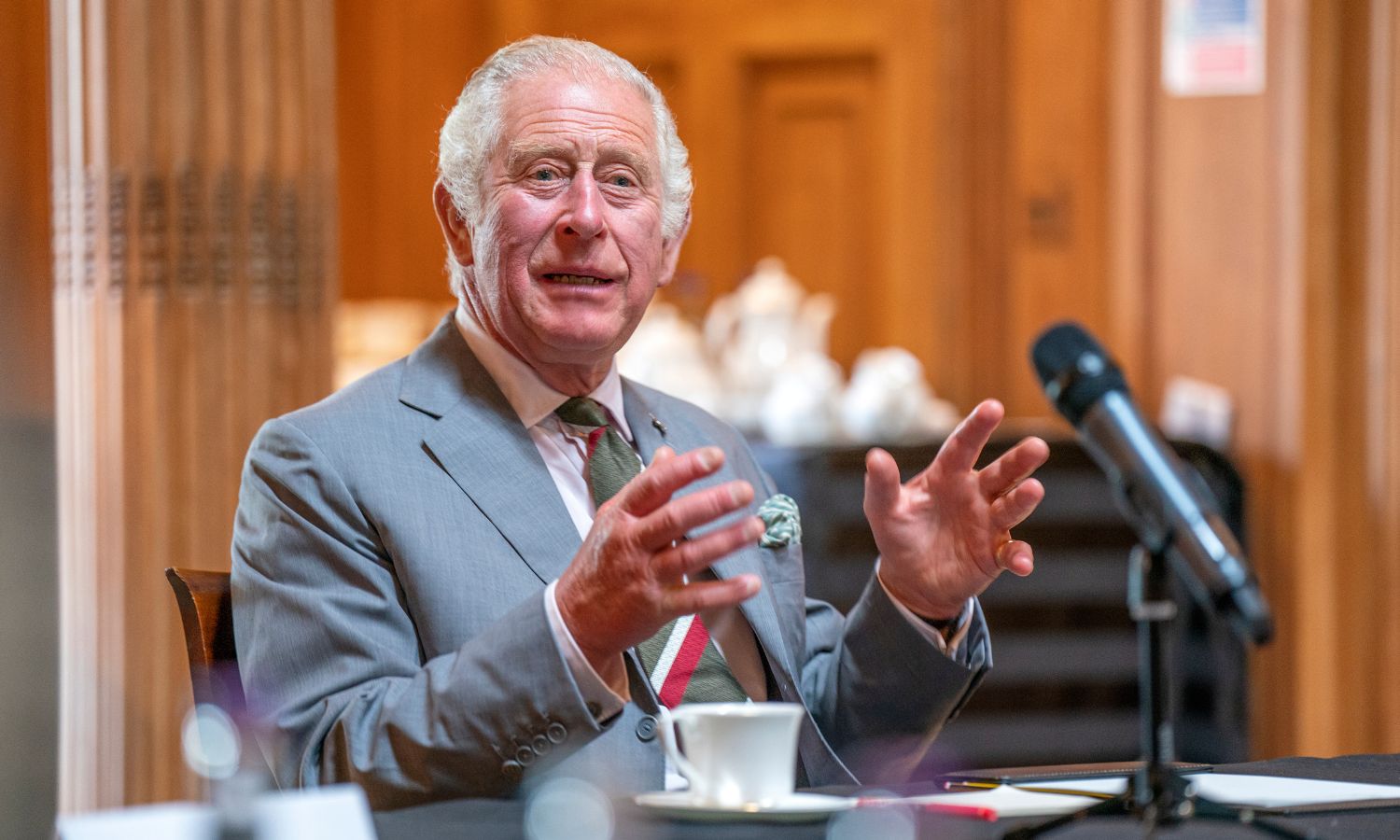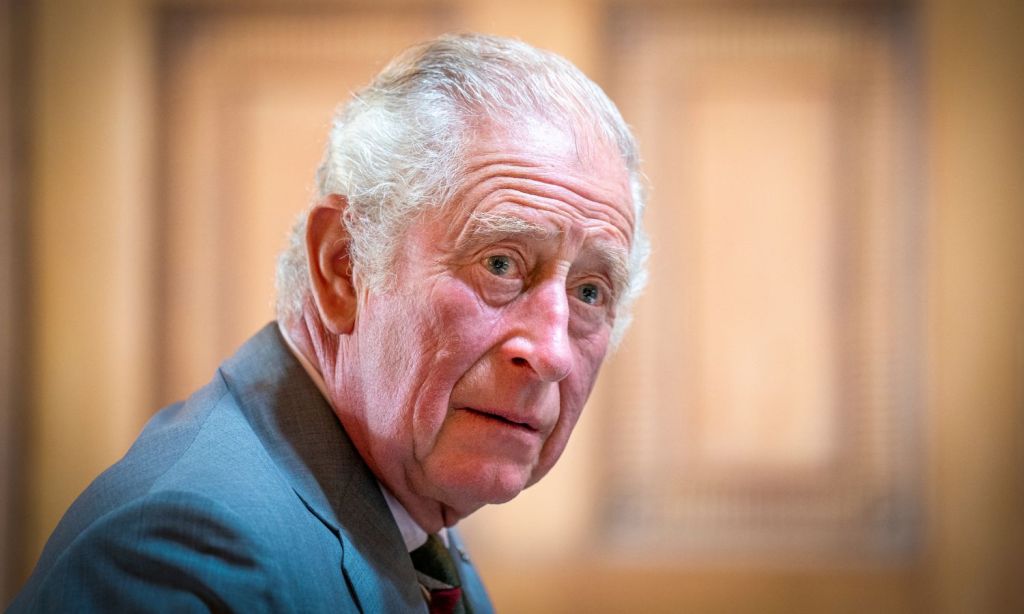King Charles III and Queen Consort Camilla’s coronation is set for Saturday, May 6, 2023. Held at London’s Westminster Abbey, it’ll be a historic event that’s the first to take place in almost 70 years after the late Queen Elizabeth II’s reign.
One of the big questions on many lips is that once King Charles is officially crowned, what will his reign look like — particularly in relation to climate change? If you didn’t know, it’s a topic he’s particularly passionate about. He was reported by Clarence House to have “taken many steps personally to live in a more sustainable way” and has spoken out about it countless times throughout the years.
“I know you all [world leaders] … do not need me to tell you that the eyes and hopes of the world are upon you to act with all dispatch and decisively because time has quite literally run out,” said a then-Prince Charles at his opening address at COP26 in 2021.

Related: Queen Elizabeth II Has Passed Away Aged 96
Related:
He went on to say that with a growing global population creating ever-increasing demand on the planet’s finite resources, the need to reduce emissions and take action to tackle the carbon already in the atmosphere is urgent.
“Any leader who has had to confront such life-threatening challenges knows that the cost of inaction is far greater than the cost of prevention,” he said in his conclusion.
But will King Charles III — arguably now one of the most powerful leaders in the world — be able to take that necessary action, given the essence of the constitutional monarchy is that they’re politically neutral and have to remain out of political matters?
Though that wasn’t always the case, with investigative journalists from The Guardian in the UK proving Queen Elizabeth II to be a regular intervener in proposed government legislation.
Related: Australians Might Be Getting a Public Holiday to Mark Queen Elizabeth II’s Death
Related: What Happens After the Queen Dies? All the Royal Protocols
“What I’m interested in, is how much more apparent that involvement in both political and legal matters may be with Prince Charles,” said Monash’s Emeritus Professor Jenny Hocking, a political scientist and Gough Whitlam’s biographer in an article on the university’s site published May 2022.
“I mean, much as people may applaud his comments, the fact is climate change is still, unfortunately, a contested political space and, in my view, a constitutional monarch does not involve themselves in those discussions, even where we might agree with what they say,” said Hocking.
Could the mounting climate change problem make for an exception to the rule? We’ll soon find out.
Read more stories from The Latch and subscribe to our email newsletter.







